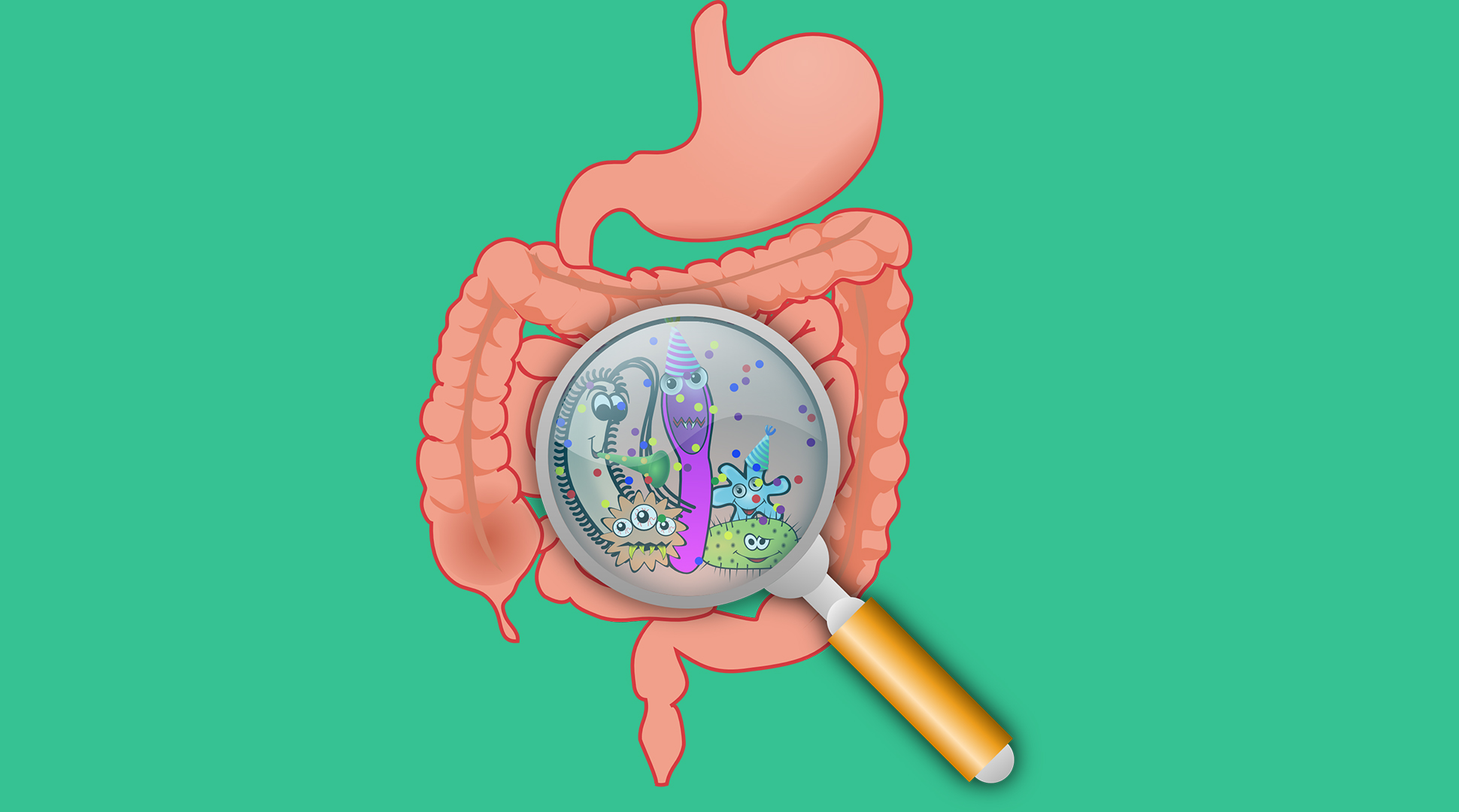By Julie Garden-Robinson, food and nutrition specialist, NDSU Extension
“What is the topic of your grant proposal?” I asked the person sitting next to me on a plane.
Our conversation occurred nearly a decade ago, but I still remember it. She was a medical doctor working in gastrointestinal research.
“It’s a new line of research,” she said. “We are investigating fecal transplants as a way to treat infections.”
I looked at her with raised eyebrows.
“Did I hear you correctly?” I asked.
“Yes, they are called ‘poop pills’ in some of the literature,” she said with a chuckle.
My traveling acquaintance certainly did not offer me a pill containing a freeze-dried “sample.”
I may have needed a parachute if that were the case.
In 2022, the pills are still being investigated for safety and effectiveness in treating tough infections. Researchers were compiling results to submit to the Food and Drug Administration this year.
What we eat and drink affects our health. Healthful food intake and regular elimination are key parts of the equation.
You may be familiar with the term “gut microbiome.” This term refers to the different species of microorganisms living in our intestines.
The pills being investigated are designed to “re-colonize” the gut with healthy bacteria. Antibiotic treatment for serious bacterial infections can lead to changes to gut bacteria.
According to some estimates, our large intestine, or colon, is home 100 trillion “friendly” bacteria.
These good bacteria help defend us against disease and make certain vitamins such as vitamin K. These bacteria help break down extra food residue that remains after digestion in the small intestine. This process in the colon is known as fermentation.
Our bacteria can become imbalanced due to stress, diarrhea, changes in diet and antibiotics. Consuming fruits, vegetables, whole grains, nuts, probiotics and prebiotics can help our bacteria stay within a healthy balance.
Most people experience some digestive issues from time to time. Sometimes travel and a change in diet can affect our gut functioning, leading to the discomfort of constipation.
Choosing healthful foods and drinking enough fluid help keep our gut functioning.
You may be familiar with the terms “probiotics” and “prebiotics.” The good news is that they are readily available from foods and beverages.
“Probiotics” literally means “for life.” Probiotics produce lactic acid in the gut. They slow the growth of disease-causing bacteria, compete with disease-causing bacteria and break down toxins.
We can get probiotics from foods with “live and active cultures.” Yogurt, kefir (a fermented product sold in the dairy case), buttermilk and sauerkraut are among the readily available sources.
“Prebiotics” help the good bacteria in the colon grow. They act as a food source for the bacteria. Some of the best sources are raisins, plums, wheat, dry edible beans and garlic.
Take care of your digestive system with these tips.
- Consume a balanced diet with plenty of fiber from grains, fruits and vegetables. Stay hydrated, not only in the heat of summer months but all year.
- Eat smaller, more frequent meals instead of large meals.
- Accumulate 30 minutes of moderate physical activity on most days.
- Take steps to reduce stress.
- See ag.ndsu.edu/food for more information about nutrition.
Julie Garden-Robinson, Ph.D., R.D., L.R.D., is a North Dakota State University Extension food and nutrition specialist and professor in the Department of Health, Nutrition and Exercise Sciences.
